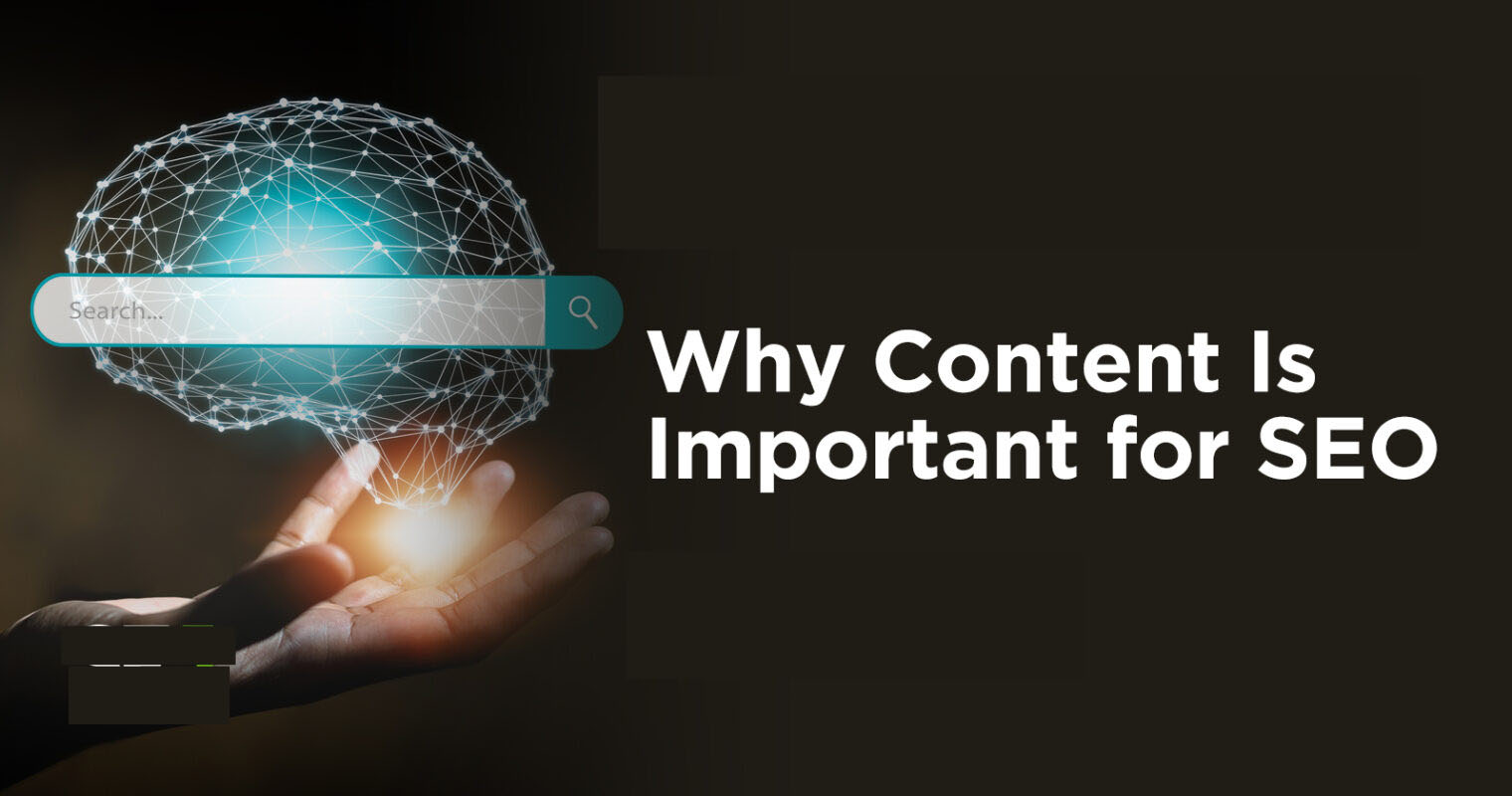When it comes to SEO, one of the main factors that can affect your ranking is how “good” your content is. You’ve probably heard this a lot, but “content is king” and this is very true in the SEO space. Without high-quality content on your site, even if you invest in other areas of search engine optimization, you will not be able to fully enjoy the benefits of SEO.
By writing useful and relevant content that will benefit your users, not only will they stay on your site longer, but it can also have a positive effect on your ranking. However, writing great content is only half the battle. You need to know how to market this content and drive traffic to your website.
While your content may naturally start to rank in search engines over time, there are faster ways to drive traffic to your content. This is where SEO and content marketing go hand in hand.
Is SEO and Content Marketing Different Things?
Search engine optimization (SEO) is a broad term that refers to the practice of increasing traffic to your website and improving search engine rankings. Within SEO, there are three main areas that you work on to improve your rankings, this includes on-site optimizations, off-site authority building, and ongoing content development.
Content marketing is about how you distribute, syndicate, and promote your content to reach your target audience and generate more traffic. It’s a marketing strategy that helps you build stronger relationships with your audience and enables you to continually deliver high-quality content that is relevant to their interests and needs.
According to HubSpot’s marketing statistics, “72% of online marketers describe content marketing as their most effective SEO tactic.” While SEO and content marketing are technically different things, they are often combined because these strategies complement each other exceptionally well.
Benefits of Writing Optimised Content
Now that we know that content carries a lot of weight when it comes to SEO, what are the benefits of writing optimized content?
Here are some of the main benefits of content optimization:
Enables a better user experience: High-quality content that is engaging, useful, and relevant to your services will help users better understand what you do. Users can even share your content with others if they find it useful, which means more traffic to your site.
Higher Conversion Rates: It’s no surprise that high-quality content is linked to higher conversion rates. When you write relevant content for the end-user, there is a greater chance that they will click on your links or CTAs (joint call phrases) and that’s where the value of good content comes into play.
Rank Higher in Search Engines: Content optimization means you can include keywords that you want to rank for. With quality and relevant content, you are more likely to compete with similar companies in your industry.
Improve your website authority: A great advantage of writing optimized content is that you can create high-quality backlinks to your website naturally. Users who find your content interesting or “shareable” may consider sharing your articles on social media or other relevant forums. This will not only establish your brand as a trustworthy and trustworthy source, but it will also be more likely to rank higher on Google.
How Do You Write Optimised Content?
Writing optimized content, in theory, is not a difficult task. It’s all about having the right processes and strategies in place to ensure that the content you write is consistent and structured. Content optimization involves some important factors and strategies.
Content
Writing content takes time, and it’s important to write high-quality content that is engaging, relevant, and useful to your readers. Consider researching topics to write about and looking for topics your user might want to know about. This ensures that your content is relevant and has a better chance of ranking.
Keywords
Incorporating keywords into your content is often an art, as it requires strategy. As search engines evolve over time, their algorithms improve as well. This means that you can no longer use keyword spam in your content in the hopes of ranking higher. You need to carefully consider what keywords to use, where to use them, and how often you integrate keywords.
Internal Links
A good practice as part of content optimization is to strategically add relevant internal links to your content. Internal linking is the process of linking to a relevant page on your own website that users can click to find more information. This is great for search engines and usability.
If necessary, you can also use external links to provide users with useful and relevant information that you do not have on your site. Ideally, you should use more internal links than external links, otherwise, you could be sharing too much link authority with external sites.
Length
Depending on the type of content, you need to ensure that your content is of adequate length. If you are writing a product page for an eCommerce site, you may want to keep your content short so you don’t overwhelm your products and lower your conversion rates.
For blog articles, it depends on the type of content. If you are writing a piece of information or a guide, it is recommended to use more than 500 words. Search engines like Google tend to prefer long-form content as it is generally more useful to the user.
